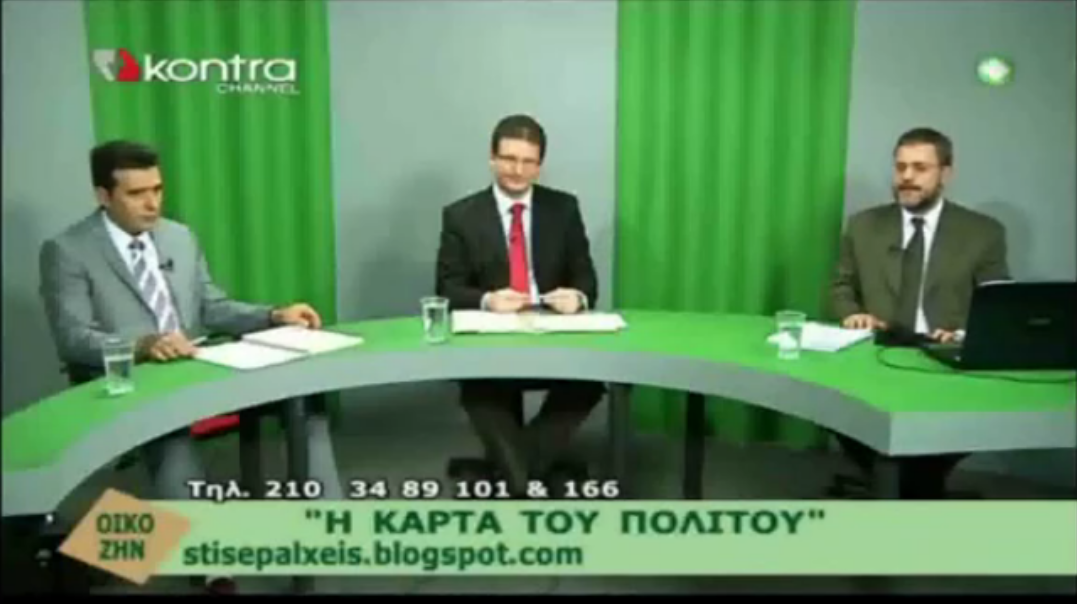Παρά την αύξηση των ψηφιακών πληρωμών, η πλειοψηφία τους στην ευρωζώνη, εξακολουθεί να γίνεται με μετρητά, όπως δήλωσε ο πρόεδρος της ΕΚΤ, Μάριο Ντράγκι. Σύμφωνα με τον Μ. Ντράγκι, τα 3/4 των πληρωμών στην ευρωζώνη πραγματοποιούνται με χρήση μετρητών.
Ο Ντράγκι, στην ανακοίνωσή του για την έκδοση του νέου χαρτονομίσματος των 50 ευρώ που κυκλοφορά σήμερα ανέφερε: "Ακόμη και σε αυτή την ψηφιακή εποχή, τα μετρητά παραμένουν απαραίτητα στην οικονομία μας".
Να σημειωθεί ότι πέρυσι η ΕΚΤ αποφάσισε την σταδιακή κατάργηση του χαρτονομίσματος των 500 ευρώ, γεγονός που "θορύβησε" την Κεντρική Τράπεζα της Γερμανίας, σχετικά με την ελευθερία των ανθρώπων να αποταμιεύουν.
Ο Ντράγκι, στην ανακοίνωσή του για την έκδοση του νέου χαρτονομίσματος των 50 ευρώ που κυκλοφορά σήμερα ανέφερε: "Ακόμη και σε αυτή την ψηφιακή εποχή, τα μετρητά παραμένουν απαραίτητα στην οικονομία μας".
Να σημειωθεί ότι πέρυσι η ΕΚΤ αποφάσισε την σταδιακή κατάργηση του χαρτονομίσματος των 500 ευρώ, γεγονός που "θορύβησε" την Κεντρική Τράπεζα της Γερμανίας, σχετικά με την ελευθερία των ανθρώπων να αποταμιεύουν.
Three-quarters of euro zone payments made in cash: ECB
Three-quarters of euro zone payments are made in cash, the President of the European Central Bank said on Tuesday, adding cash remained essential for the economy despite the rise of digital payment.
Mario Draghi's words could assuage some lingering concerns in Germany that the ECB aims to gradually reduce its reliance on cash in favor of other forms of payment.
"Even in this digital age, cash remains essential in our economy," Draghi said in a statement on the issue of a new 50 euro banknote.
"A soon-to-be-published survey on cash use, carried out on behalf of the ECB, shows that over three-quarters of all payments at points-of-sale in the euro area are made in cash. In terms of transaction values, that’s slightly more than half."
The ECB's decision last year to phase out the 500 euro banknote irked some at Germany's central bank, who feared people's freedom to store their savings in cash was being curtailed.
The ECB said the move was due to concerns that the high-denomination banknote was used to finance crime and terrorism, although there is no official data about this.
http://www.reuters.com/article/us-ecb-payment-cash-idUSKBN1760U6
Mario Draghi's words could assuage some lingering concerns in Germany that the ECB aims to gradually reduce its reliance on cash in favor of other forms of payment.
"Even in this digital age, cash remains essential in our economy," Draghi said in a statement on the issue of a new 50 euro banknote.
"A soon-to-be-published survey on cash use, carried out on behalf of the ECB, shows that over three-quarters of all payments at points-of-sale in the euro area are made in cash. In terms of transaction values, that’s slightly more than half."
The ECB's decision last year to phase out the 500 euro banknote irked some at Germany's central bank, who feared people's freedom to store their savings in cash was being curtailed.
The ECB said the move was due to concerns that the high-denomination banknote was used to finance crime and terrorism, although there is no official data about this.
http://www.reuters.com/article/us-ecb-payment-cash-idUSKBN1760U6
















0 σχόλια:
Δημοσίευση σχολίου